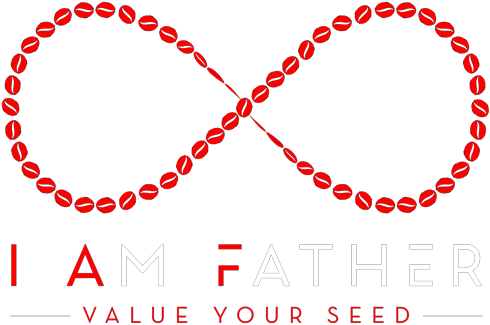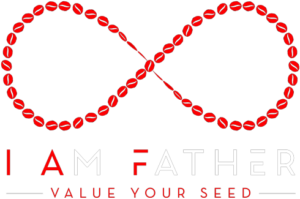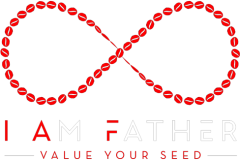Families supporting each other during difficult periods is nothing new, especially when child care is involved. In a room of 10 people, two or more people are likely to have been raised by an extended family member, grandparent or uncle. This is called kinship care.
For years the notion of caring for a relative child did not have a name. It was simply done, understood and not questioned; it was a matter of stepping up where there is a gap. This has evolved into a leading form of foster care. The “Adoption Assistance and Child Welfare act of 1980
makes relatives the first choice of raising children whose parents cannot be the primary caregivers.”
The reality is, the existing systematic breakdown of the black family through incarceration, poverty, and racial discrimination has left children to grow up in a world without a father or male figure. According to the U.S Census Bureau, at least 1 in every 4 children live without a present
father figure, biological, step or adoptive, which is over 18 million children. Hence as black men, it is imperative that you step up to the role and change the narrative.
Stepping up to be the primary caregiver of any child is no easy task. As highlighted in this episode “Uncle Daddy”, Montavious Coggins points out that fatherhood is more than just paying the bills and keeping house. It is about being present in the big and little things, being a
‘safe haven’ and showing children what it means to truly have a man in their life.
We cannot deny the role of a father in childhood development, acknowledging that mothers have continued to carry the torch in this day and age without male presence. When fathers are actively involved in the lives of their children, they naturally do better.
The involvement and not just presence of a father helps with a child’s cognitive and social development and sets the standard of how children interact with others around them. It does not mean you have to make children into what you want them to be, but rather, help mould them and teach them.
Being an adoptive parent comes with unlisted trials and equal victories. Montavious highlights that his adoption of his nieces helped put into perspective how “raising someone else daughter can give you a greater perspective on how valuable being a father is to your own children”. We may not all be called for fatherhood; however, you can decide if you want to be a part of the child’s life at conception or years later, and that’s what sets apart who a true man is.
Kinship adoption may be challenging; every adoption relationship is navigating the transition for both parents and child to finding common ground for communication, identifying the parenting style that works for all parties involved, and creating a safe and loving environment.
Many men step up daily to play the role of fathers to children around them, whether formally or otherwise. It requires great mental and emotional maturity and a great support structure. We shouldn’t be afraid to take on the task.


